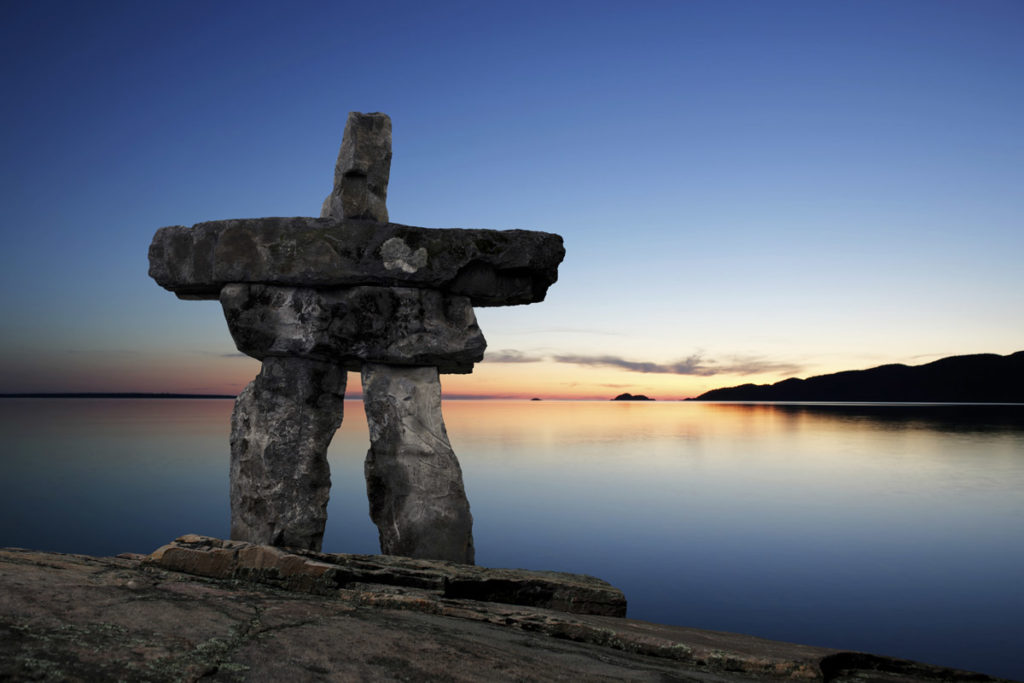Within the indigenous tourism industry, it’s important that businesses are connected and responsible to local First Nations communities and their traditional territory. According to the Indigenous Tourism Association of Canada (ITAC), businesses offering cultural experiences should incorporate indigenous culture respectfully and honestly. And as a push for authenticity and quality assurance, businesses should be involved with local communities to continually develop and deliver the cultural experiences.
In the province of BC, the Indigenous Tourism Association of British Columbia (ITBC) has pushed for the sustainable growth of cultural tourism. Their 5-year Aboriginal Cultural Tourism Strategy (2012-2017) reveals that employment in the industry has risen from 1718 jobs in 2006 to 2266 in 2010. ITBC has also seen revenues increase from $20 million in 2006 to $42 million in 2011. Their Aboriginal Cultural Tourism Strategy aims to further increase revenue in the industry, boost community employment and have more Aboriginal cultural tourism businesses in all regions of BC. The association also seeks to build and strengthen partnerships among First Nations communities with all levels of government, organizations and institutions throughout the province.
Another initiative is ITBC’s Authentic Experiences Program which helps businesses initiate authentic indigenous cultural experiences. The program gives suggestions on how sustainable businesses practices can be implemented while also promoting respect and cultural and environmental integrity. They encourage collaboration between First Nations communities and sustainable tourism businesses to help create authentic cultural opportunities. Since First Nations communities have close connection to the land, environmental sustainability is tied into cultural tourism to ensure the authentic quality of Aboriginal cultural experiences.
The push for indigenous cultural tourism continues to grow on a national and provincial scale, and on a business level this holistic view of tourism has also taken flight. As part of the Sustainable Tourism 2030 businesses seeking certification are evaluated on their commitment to preserve Canada’s natural and cultural heritage. They believe it’s important for tourism businesses to follow a code of conduct with local indigenous groups and to recognize, respect and support local First Nations communities, rather than exploiting the natural and cultural resources in the place where they do business.
Sustainable Tourism currently has three Certified members whose businesses are First Nations owned and operated: Xwisten Experience Tours, Sasquatch Crossing Eco Lodge and West Coast Resorts lodges in Haida Gwaii. They also have a number of members committed to preserving and supporting local communities, including West Coast Expeditions, Paddlers Inn, Coastal Bliss Adventures Ltd. along with several other tourism operators in British Columbia and especially on the West Coast.
Although these tourism companies are not fully owned and operated by local First Nations groups, they still collaborate with indigenous community members and have several them as part of their team. Promoting indigenous cultural tourism not only allows businesses to share beautiful spaces within Canada’s borders, but also gives visitors a chance to experience the country’s diversity of indigenous culture.
To have sustainability in business, it is not enough for owners and managers to take only environmental action. They must also foster connections with local communities and help preserve indigenous history and traditional ways of living. And just as in indigenous culture, where connections between place and people are inextricably linked, sustainable tourism businesses have the capacity to forge these connections to preserve both the local environment and indigenous culture.
 Written by Roleen Sevillena. Roleen is a recent Environmental Studies graduate from University of Victoria. She is working in the tourism industry on Vancouver Island’s west coast and enjoys writing, exploring nature and spending time with friends.
Written by Roleen Sevillena. Roleen is a recent Environmental Studies graduate from University of Victoria. She is working in the tourism industry on Vancouver Island’s west coast and enjoys writing, exploring nature and spending time with friends.

